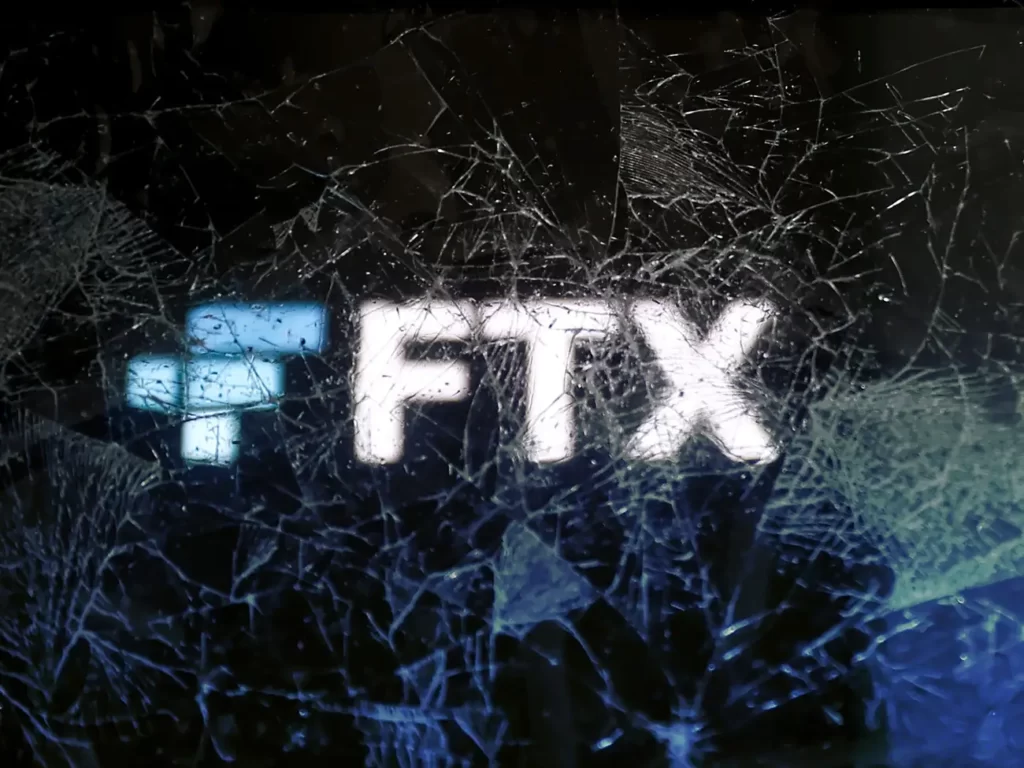
Former Alameda Research CEO Caroline Ellison pinned FTX’s downfall on disgraced cofounder Sam Bankman-Fried, SEC documents show.
“Ellison, at Bankman-Fried’s direction, caused Alameda to manipulate the price of FTT,” the SEC complaint reads.
Prosecutors are accusing Bankman-Fried of using his Alameda trading firm as “his personal piggy bank.”
Former Alameda Research CEO Caroline Ellison was directed by disgraced FTX founder Sam Bankman-Fried to manipulate the financials of the crypto-trading firm, according to the US Securities and Exchange Commission.
https://x.com/carolinecapital/status/1589264375042707458?s=46
Ellison, along with FTX cofounder Gary Wang were charged with defrauding investors and have both pleaded guilty, and are cooperating with prosecutors. Bankman-Fried, meanwhile, was released on $250 million bail on Thursday and will live with his parents in Palo Alto, California.
The FTX founder has claimed he didn’t “knowingly commingle funds” between Alameda and FTX, but the SEC’s complaint this week states that he often directed Ellison to manipulate or misstate the financial position of the trading firm.
‘At Bankman-Fried’s direction’
The phrase “at Bankman-Fried’s direction” is listed 10 times in the 38-page document, most often linked to Ellison.
Ellison was a trader at Alameda during the time Bankman-Fried acted as CEO, but later stepped up as the firm’s co-CEO in 2021. Bankman-Fried has a 90% stake in Alameda, while Wang owns the other 10%.
Until last month, Ellison was “responsible for Alameda’s day-to-day operation,” according to the SEC complaint.
Prosecutors are accusing Ellison of manipulating the price of FTT, the token made up by the exchange and often used as collateral for undisclosed loans by FTX.
“Ellison, at Bankman-Fried’s direction, caused Alameda to manipulate the price of FTT by purchasing large quantities of FTT on the open market to prop up its price,” the SEC complaint alleges, shifting some of the blame to the former crypto mogul.
Under Bankman-Fried’s direction again, Alameda created automated bots to “conduct trades and execute transactions” to purchase FTT at certain prices points, according to the SEC.
“On more than one occasion, Alameda and Ellison, at Bankman-Fried’s direction, actively engaged in the trading of FTT with the goal of supporting the price of the token,” the complaint says. “On these occasions, Alameda adjusted the trading parameters of its trading bots in order to support the price of FTT.”
“This manipulative activity was in furtherance of Defendants’ scheme because it allowed Ellison and Alameda to engage in further borrowing, while concealing Alameda’s true risk exposure,” the complaint reads.
Ellison used funds funneled from FTX customer deposits into Alameda to service debt to third-party lenders and execute speculative trades with very little risk management.
“Defendants knew that none of this was disclosed to FTX equity investors or to the platform’s trading customers,” per the SEC, referring to both Ellison and Wang.
Ellison would prepare the balance sheets each quarter to show these third-party lenders, but did not state that these “loans,” which was just FTX customer money, was from the exchange.
“Instead, Ellison, at Bankman-Fried’s direction, combined this liability with loans Alameda had received from third-party lenders to obscure Alameda’s intertwined financial relationship with FTX,” the complaint reads.
Bankman-Fried even told Ellison to tweet and publicly reassure investors that Alameda was “financially sound” after the bombshell Coindesk report came out.
Ellison tweeted on November 6 that the balance sheet was “for a subset of our corporate entities, we have > $10 billion of assets that aren’t reflected there.”
Ellison added: “…given the tightening in the crypto credit space this year we’ve returned most of our loans by now.”
“The tweet was designed to provide false reassurance to customers by implying that Alameda had additional assets that meant its financial condition was stronger than the balance sheet suggested,” per the complaint. “At the same time, the tweet omitted the fact that the balance sheet did not accurately reflect the significant debt that Alameda owed to FTX.”
The complaint reads: “In contrast to the positive message in her tweet, at that point, Ellison knew, or was reckless in not knowing, that Alameda was insolvent.”
Despite being co-CEO of Alameda, Ellison usually consulted Bankman-Fried prior to making any big decisions regarding the firm as well.
“Though Ellison made some trading decisions, she frequently consulted with Bankman-Fried, particularly about strategic issues and significant trades,” according to the complaint.
